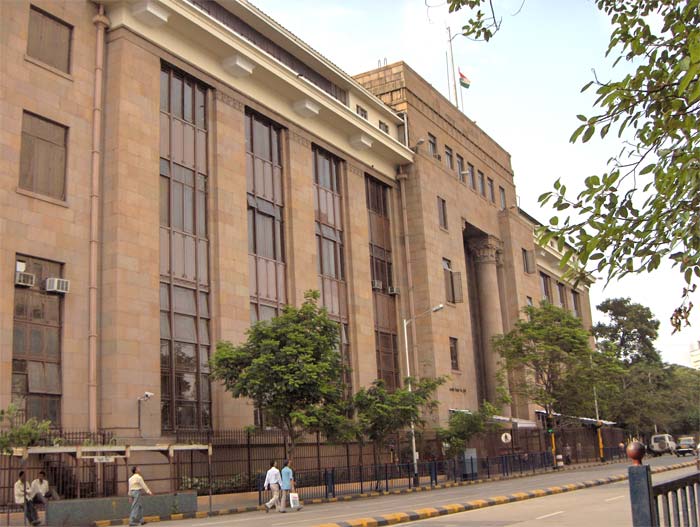There is an upsurge in the cryptocurrency trading volume in India. This increase is occurring despite the crypto ban issued by the Reserve Bank of India (RBI) in April 2018. As a result, crypto stakeholders remain confident that the market will continue to flourish even after the ban officially takes effect in July 2018.
Increase in Prices and Daily Trading Volume
Crypto prices and daily trading volumes have increased in the aftermath of the RBI ban. According to Reuters, the average price of bitcoin in India is $9,270. This figure is significantly higher the average bitcoin price in the few days after the RBI announcement which was $5,250. The average crypto trading volume in the country has also increased. According to Pune, a crypto exchange platform based in India, daily trading volume has reached $75 million.
There is a reported influx of traders looking to take advantage of the three-month grace period before the ban takes effect. By doing so, these investors can acquire cryptos while banks are still offering support for crypto transactions. When the RBI directive comes into force, these investors will still have the option of trading their cryptos on private trading platforms.

Commenting on the situation, Shivam Thakral, the CEO of BuyUcoin, a New Delhi-based crypto exchange platform said that:
There is a positive sentiment in the industry that the government will not ban trading in cryptocurrencies, and even if formal banking channels cannot be used, people can move to crypto-crypto trading platforms. New investors are coming to our exchanges while existing ones are regaining interest after the drop because they’re getting good value and are making money as the prices of cryptocurrencies move higher.
The Indian Crypto Regulatory Climate
The Indian government, as well as the RBI, have traditionally not been keen on cryptos. The RBI has always tried to educate investors on the dangers of the cryptocurrency market. The bank recently banned all commercial banks and regulated lenders from facilitating crypto transactions. A startup company has challenged the constitutionality of the RBI ban and taken the apex bank to court. The country’s government has stated that it believes cryptos provide a means for money laundering and terrorist funding.

Investors in the country, however, are hoping that the government takes a measured approach to crypto regulations. There are reports that a joint committee of the RBI, the finance ministry, and financial regulators are developing a cryptocurrency regulatory framework for the country. India’s finance minister, Arun Jaitley, said in February 2018 that cryptos should be banned.
Will the crypto trading volume in India continue to increase or will the RBI ban cause the market to decline? Let us know in the comment section below.
Image courtesy of Wikimedia Commons, Pixabay








